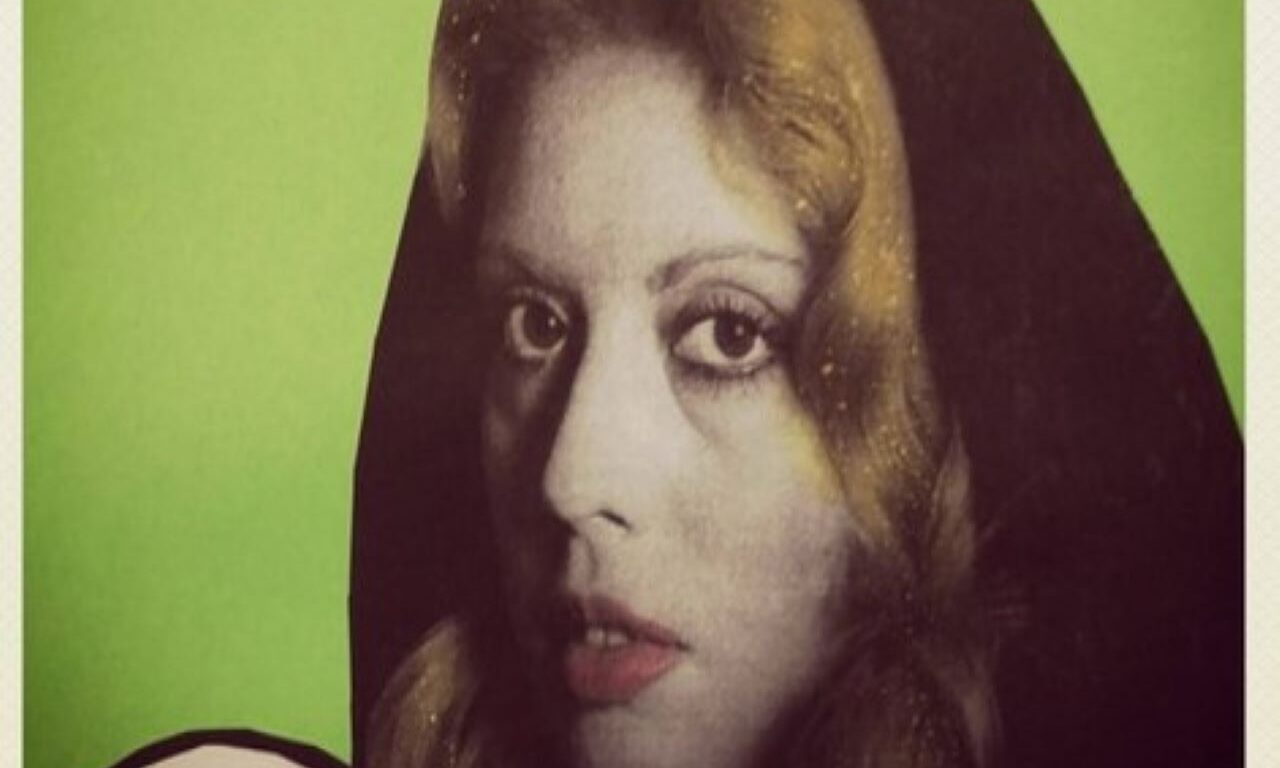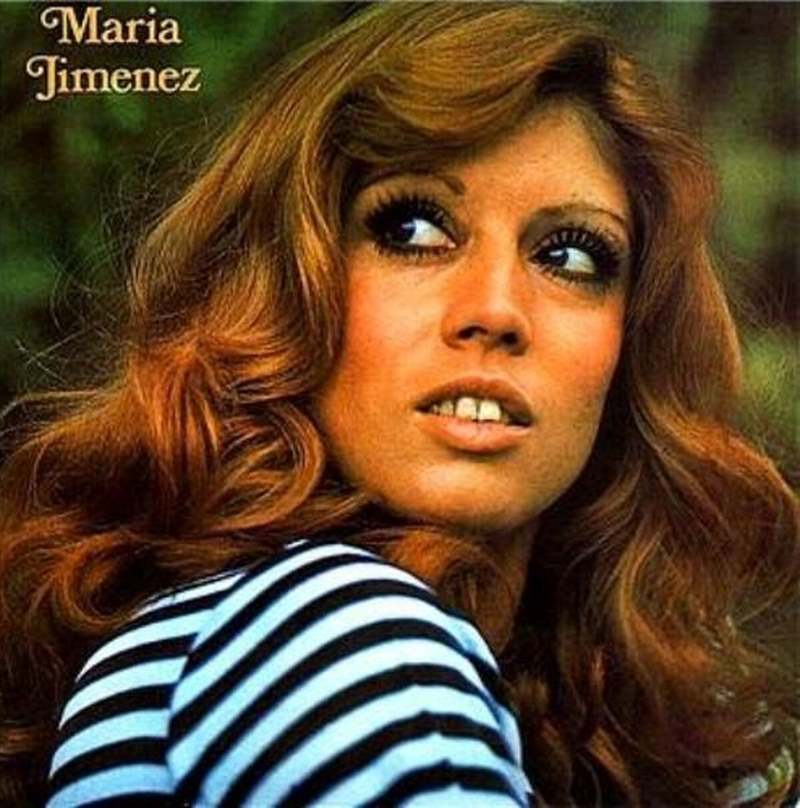Since 2019, he was afflicted by different health problems and, this morning, the inimitable María Jiménez died at her home in Seville. The mass will be at 12.00 in the Church of Santa Ana.

Through a statement from the Europa Press Agency, the family of María Jiménez reported this sad news from the Andalusian capital.
His son, Alejandro Jiménez, says in the note: ““With deep sadness and pain in our hearts, we bid farewell today to Maria Jimenez, a woman loved and respected for her unwavering commitment to her family, friends and admirers. An indomitable spirit, an overwhelming personality, a strong and courageous woman who fought against all adversities beyond imagination.”
The causes of his death are not known, but a mass will be celebrated in the church of Santa Ana in Triana at 12.00. Before, a procession, in which her coffin will go in a horse carriage, will accompany her to the Town Hall. There the details for his wake are already being finalized. Note: hours after publishing this news, it was announced that the singer had died of lung cancer. María Jiménez rests in peace in the cemetery of San Fernando, Seville, next to her parents and her daughter Rocío.
María Jiménez started in a tablao
María Jiménez was born in February 1950 in the neighborhood of Triana, Seville. He didn’t go to an academy to learn to sing and dance, he was pure talent. And yet, he reigned on the stage for more than four decades.
He started in a flamenco tablao with only 15 years and, in 1976, he published his first album with arrangements by guitarist Paco Cepero. In it, María Jiménez showed all her personality through rumbas, tangos or bulerías.
Rafael Riqueni, a relative of the artist, was her guitarist on the first tours. With “Se acabó”, in 1978, she had a brutal success that catapulted her to the charts throughout Spain.
Feminist and free
He participated in films and was a media star until the 90s, when he made a professional break. He was also on the cover of the cuore for his free and direct personality. But, above all and sadly, because of her complicated relationship with actor Pepe Sancho. When no one talked about mistreatment, she was a standard-bearer making visible and denouncing what she lived in her own flesh.
His career was relaunched in 2002 with the album “Donde más duele” (Sing for Sabina) that covers the songs of the artist. This album was a resounding success and sold more than 600,000 copies in Spain. He also collaborated in 2001 in the song “La lista de la compra” with the group La cabra mecánica, which managed to position itself among the top positions of Los 40 Principales.
“A mi manera”, a 1920 recording in which he has a song with Miguel Poveda, would be his last album.

Primer disco de María Jiménez

María Jiménez en una imagen de 2002.
